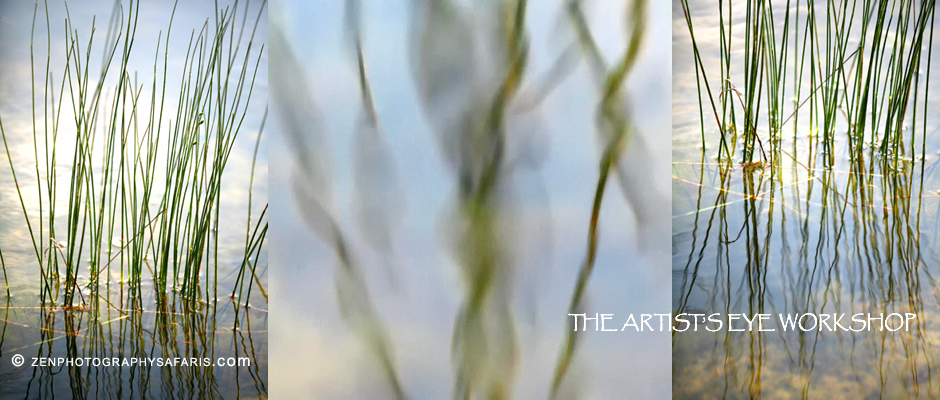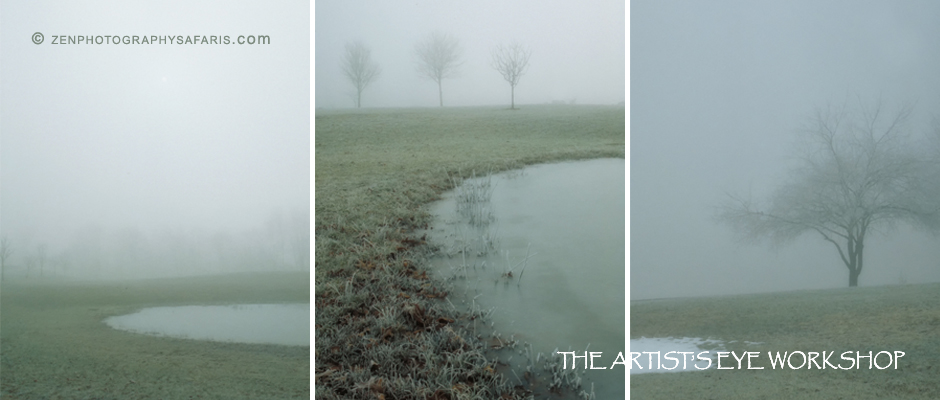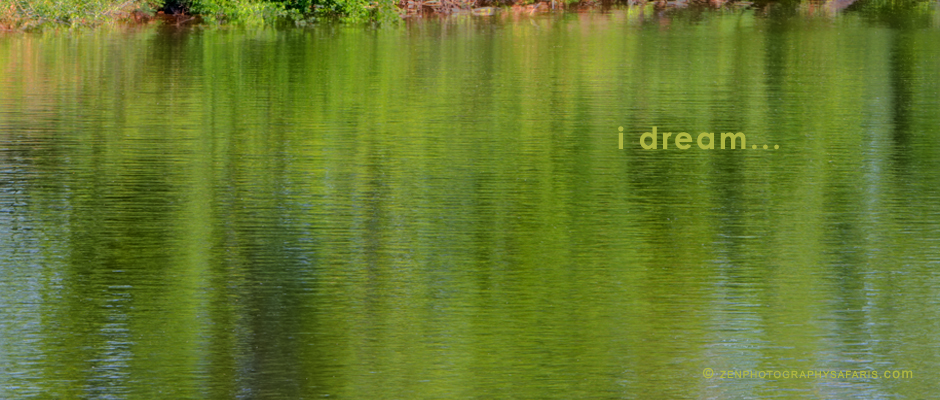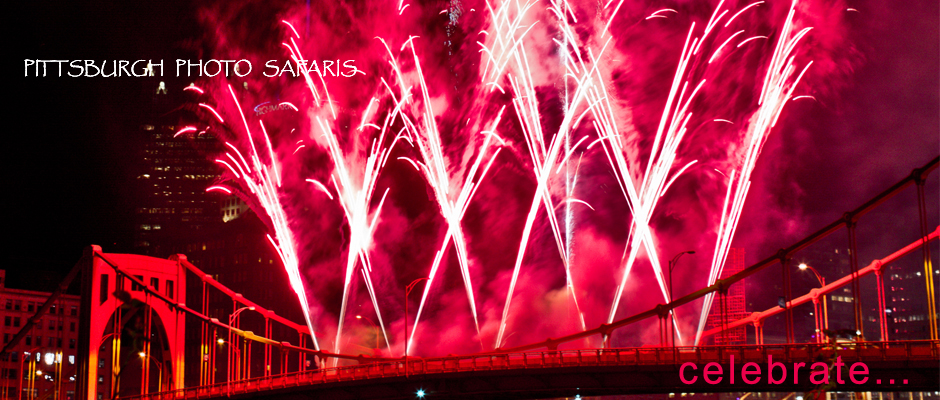Posts in Category: INSPIRA-ZEN
transformative ZenPhotography inspiration
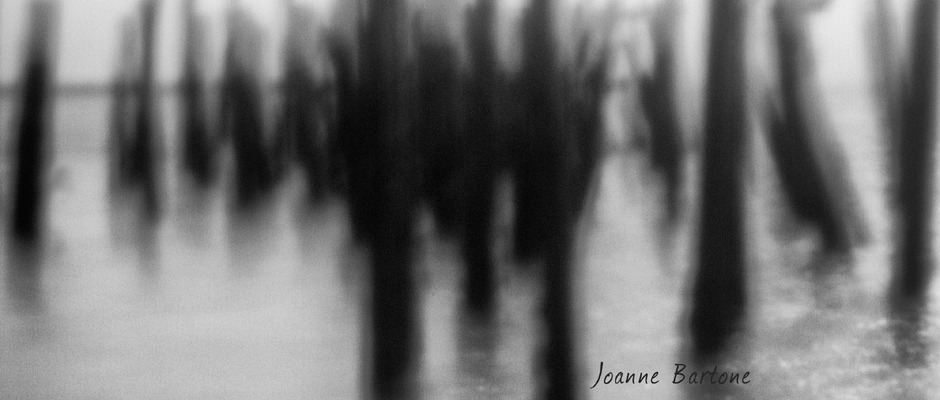

blog post: alternative photographic processes
…or, a lesson on how to feed your soul…
As I’ve evolved on my photographic journey (and on my spiritual path) I’ve learned many things…
In the early years of my career and learning process, it was all about controlling the outcome of the images I created. Much of that need to control came about as a result of who I was creating for and what my subjects were…Wedding Clients. Photographing weddings was a “get-it-right” one-time opportunity with no-room-for-error, and it had to be done quickly AND creatively.
It was a super-exciting challenge; one I always approached with confidence and passion that led me to become one of the top wedding photographers locally and beyond – I’m well-known for my wedding art…and then I decided to let that go. I was serving others in a wonderful way, but came to realize I wasn’t serving myself. Eventually, I began to feel the powerful pull to do art for myself, in my own way and style, just as I had when I began to photograph weddings!
As I left the wedding world, I threw out the need to control the outcome of my images, and instead immersed myself into alternative photographic process where the control and outcome was almost completely out of my control in many instances, except for where I was choosing when to release the shutter. This letting go of end outcomes became a vehicle for self- and art-exploration. I thought I was happy while photographing previous to this, but letting go became pure BLISS to me!
But, to this day I must say that I feel it is so very important to have knowledge and understanding of the technical aspects of photography / cameras / lenses so you know what to do and how to create from your vision. So, self-taught or formally educated. Knowledge is the catalyst to freedom!
The photographic journey – mine, yours, the masters, the beginners – it’s all an ever-evolving process of creative- and self-knowledge.
Here is an example of one of my Pinhole (alternative) Photographic images taken in Provincetown MA:
What does it make you feel when you view it? I’d really like to know, and thank you for stopping by.
Namaste, Joanne Bartone Photographer / Zen Photography
ABOUT THE PHOTO ABOVE:
Canon EOS 7D | No-dust 50mm Pinhole Lens | ISO: 400 | f/64 | 25 sec. | Images refined and enhanced for density + tonality in PS5
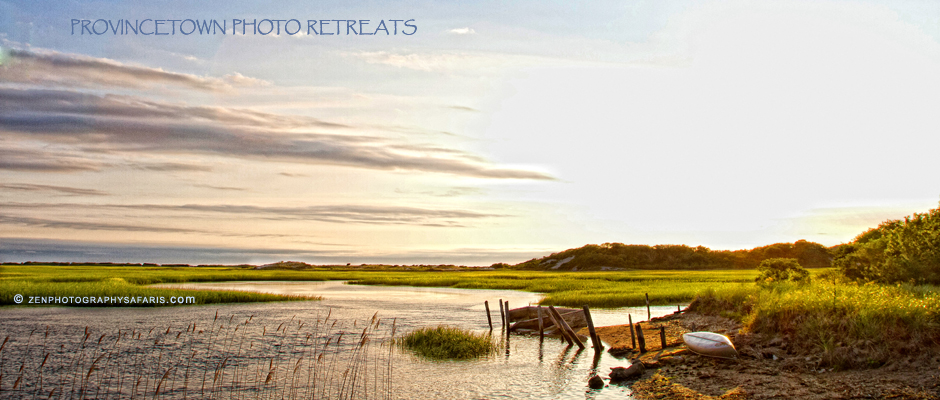

blog post: wishing or doing?
“If I were to wish for anything, I should not wish for wealth and power, but for the passionate sense of potential – for the eye which, ever young and ardent, sees the possible. Pleasure disappoints; possibility never.” — Soren Kierkegaard
If I were to wish for anything, I’d wish to create an interactive dialog with the many visitors that come here to the Zen Photography blog. Thank you for honoring me by reading my posts (we have many visitors from all around the world). Despite our not being able to meet in person, I’d really like to hear your thoughts and strike up a conversation on how you relate photographically with my writings. Having a connection is essential in supporting one another on our photographic journey – I will always welcome your input here.
So, let’s consider our photographic potential for a moment…
Many of us have a passion for photography, whether we are just beginning to learn it or we are someone who is in the thick of a solid career.
As a new photographer, how many times have we seen the potential in wanting to create from a scene or a moment only to have the outcome be disappointing as we struggled with camera settings or we mistimed our shots? All that possibility leading to all that disappointment. That’s called frustration. Frustration leaves many a shooter to rely on P – which does not stand for Professional or Potential, in my book!
Or, perhaps that passion for our photography has led us to move from enthusiast towards an actual career as a photographer – all that potential, all those possibilities…all that struggle as we make our way down an unknown path without a mentor or a coach. That’s how it was for me, nearly twenty years ago. What was I thinking?! As a typical creative person, I was thinking about the potential, the excitement, the possibilities – everything I knew I could do, despite not knowing how to go about doing it. That didn’t stop me. I blazed a trail for myself and for many photographers that followed after me. But that trail blazing came at an expense at times – there’s a LOT of learning to be done as the sole owner of a photography business. That is one thing I know for sure. Those who tell you they’ve learned or know it all (at any time in their career), probably haven’t learned anything at all.
Each of us is on our own journey; we all learn in our own way, pace and time, but you now have the opportunity of learning from people who have experience and are here to guide and help – Team Zen. They are a gift. I wished I’d have had someone to mentor me as I was learning photography and the business of photography – THAT is a whole ‘nother story, believe me.
I’d like you to consider your potential while reading this post, then consider the things you spend time wishing for…those possibilities that look so enticing yet are still out of reach. Are you achieving your photographic or business goals by planning and harnessing your potential instead of just wishing that things will happen? Do you have a plan to learn more about photography, or more about operating your photographic business?
Please share your thoughts here with us. What do you see as your potential vs. what you are wishing for. ‘My potential is: ___________________.’ ‘I wish __________________ .’ Can you feel the difference between them?
If you need some photographic or business guidance, consider taking a Zen Photography 2-day Workshop, or attending a Zen Photography 5-day Retreat, or having 1:1 Coaching. Team Zen can help you learn to see differently and create from your potential in a way that will move you thoughtfully towards success.
This isn’t a race, it’s your journey.
Namaste, Team Zen | Joanne Bartone
ABOUT THE PHOTO ABOVE:
Canon EOS 7D | Canon 16-35mm L f/2.8 IS @ 16mm | ISO: 400 | f/8 | 1/160 | Provincetown MA | Image refined cropped and enhanced for color + tonality in PS5
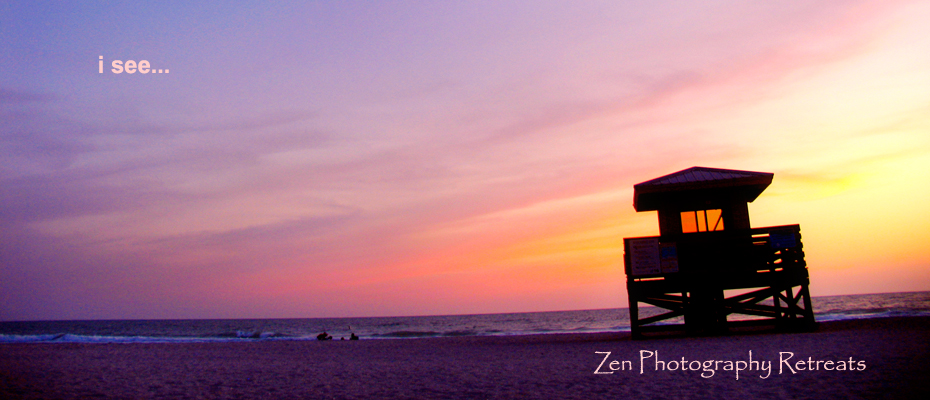

blog post: i see light
“Photography is the literature of light; the cinematographer (photographer) is a writer who utilizes light, shadow, tonality and color tempered with their experience, sensitivity, intelligence and emotion to imprint their own style and personality on a given work…” — Vittorio Storaro, Director of Photography
When you look at your world around you, what do you see? More so, what kind of light do you observe? Are you aware of the expansiveness, expressions and subtleties of light? …how it bends, shapes and colors your world around you…it’s nuances at different times throughout the day, or even at night…it’s reflections on water, off of substances and onto others, can be so interesting… Observing the gift of light is, in itself, a remarkable gift!
Practicing this observation of light will bring you present in your moments – to be in the light; literally, a part of it as it surrounds you. Once you begin to look fully, in your present moments, seeing light, and your world around you can profoundly change you – it grounds you, brings you peace, yet it can leave you in awe and excite you all at once, as observing then becomes an excursion from your norm.
I would love for you to practice seeing light; watch it change, and then observe the feelings you have within you as you stay present in your observations of light. Look deeply… What do you see? ‘I see __________________ .’
Share the experience with us here. Then, delve a little deeper by practicing this exercise in seeing at one of our Zen Photography Retreats, where we will fully immerse you in a whole new way of seeing…a whole new light.
Namaste, Team Zen | Joanne Bartone
ABOUT THE PHOTO ABOVE:
Canon EOS 5D | Canon 16-35mm L f/2.8 IS @ 16mm | ISO: 400 | f/5.6 | 1/160 | Venice FL | Image refined cropped and enhanced for color + tonality in PS5
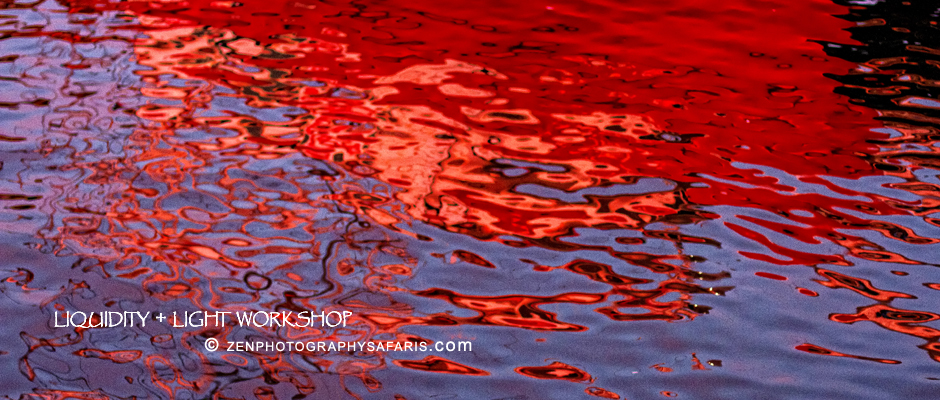

blog post: contemplative photography
“If we could see the miracle of a single flower clearly, our whole life would change.” — Buddha
Whether or not it is a single flower we approach photographically, or the abstractions of shadows and light, the point here is that photographic “seeing” goes much deeper than what we are actually seeing.
There is an almost intuitive seeing and a knowing involved in photographing…what direction is the light coming from – am i adding light to my subject or scene, or using the ambient light alone – is the light high or low, blue, pink, yellow or orange – how am i relating to my subject, or to my light – what or who is my subject – what rules of photographic design am i going to use as i photograph – will i use selective focus or selective composition – do i want it to be a colorful image, or do i desire the simplicity (or complexity) of a black + white image…these decisions are spontaneously and intentionally considered as you contemplate the outcome of your image oftentimes in what can be mere moments.
The mental focus used to create a photographic image is nothing short of miraculous; nearly as miraculous as the single flower…but not quite…
I believe that when we can step beyond looking and move more towards seeing the miracles present in our chosen subjects and the miracles in the light and in composition, it can change our whole approach to our photography.
When we contemplate the purpose and message of our photography it can open our creativity to growth we never thought possible.
Helping people move more towards contemplative photography is exactly what we love to do.
Join us for a Zen Photography Workshop and create with intention. An on-line workshop on Contemplative Photography that will be available by July 2012. We believe you will find it to be of great value if you are looking to see differently.
Namaste, Team Zen | Joanne Bartone
ABOUT THE PHOTO ABOVE:
Canon EOS 5D | Canon 24-70mm L f/2.8 IS @ 70mm | ISO: 100 | f/4.0 | 1/1250 | Provincetown MA | Image refined cropped and enhanced for color + tonality in PS5
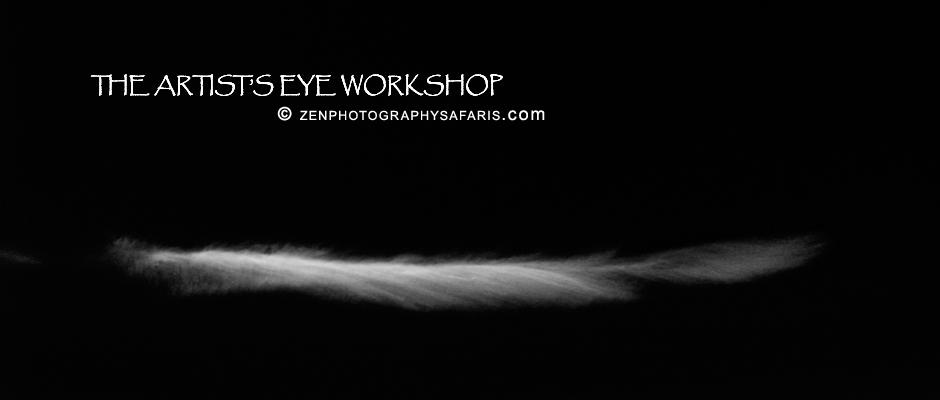

blog post: now what?
“The key to growth is the introduction of higher dimensions of consciousness into our awareness.” — Lao Tzu
You’ve attained technical mastery with your camera and perhaps even with on-/off-camera lighting. now what?
How do you connect; how do you move from the typical to the extraordinary? what to do, what to see…differently, or compose…differently; how to go about creating uniquely; what is to be done to stretch yourself artistically.
If you are asking these questions you are ready to move yourself towards more personal, artistic and professional growth.
Team Zen has inspiring ideas to challenge your growth and help you move yourself towards your goals.
A Zen Photography Workshop or Retreat can be the stepping stone to your journey . come join us.
Namaste, Team Zen | Joanne Bartone
ABOUT THE PHOTO ABOVE:
Canon EOS 5D | Canon 70-200mmmm L f/2.8 @ 185mm | ISO: 100| f/3.5 | 1/2000 | Presque Isle Erie PA | Image refined cropped, processed + enhanced in PS5
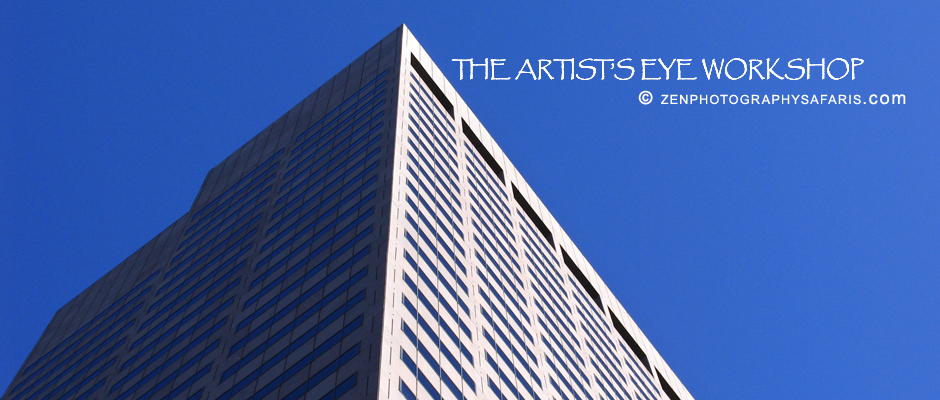

blog post: attainment
“I have so overcome the mechanics of my camera that it functions responsive to my desires, my shutter coordinating with my brain is released in a way, as natural as I might move my arm. I am beginning to approach actual attainment in photography — that in my ego of two or three years ago I thought to have already reached. It will be necessary for me to destroy, to unlearn, and then rebuild upon the mistaken presumptuousness of my past.” — Edward Weston
Ego interferes with our personal and professional growth; it’s a constant battle to be aware of ego and keep it in check.
Edward Weston was a Master Photographer who continues to inspire through his work and wisdom, even thought he is no longer with us.
I am one of those photographers who believe in mastering the technical aspects of photographing because it can set us free to create imagery that can astound. it is my opinion that when you shoot in “P” / Program mode, it’s the easy way out. it’s like cheating on the test; all the answers are there for us, even if they are mediocre answers. Program mode doesn’t allow for us to stretch our creativity, it simply allows us to create just like everyone else, and then deludes us into thinking we are fantastic photographers. well, delusions will only get us so far in anything we choose to do.
Team Zen wants you to have success, whether you are photographing as a career choice, for your self, as a parent or an enthusiast who simply wants to learn to be more proficient with their DSLR.
Let your ego go. take a risk and learn the skills that will be of great service to you and bring you joy. Zen Photography Safaris | Workshops | Retreats can help. come join us.
Namaste, Team Zen | Joanne Bartone


